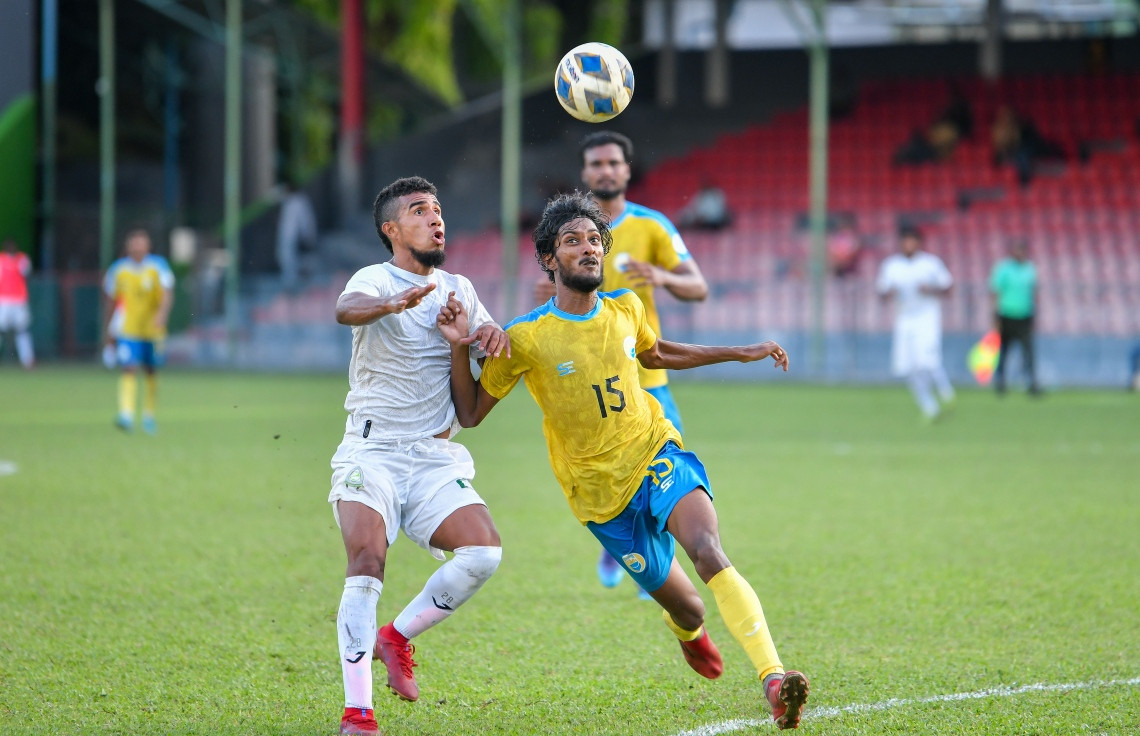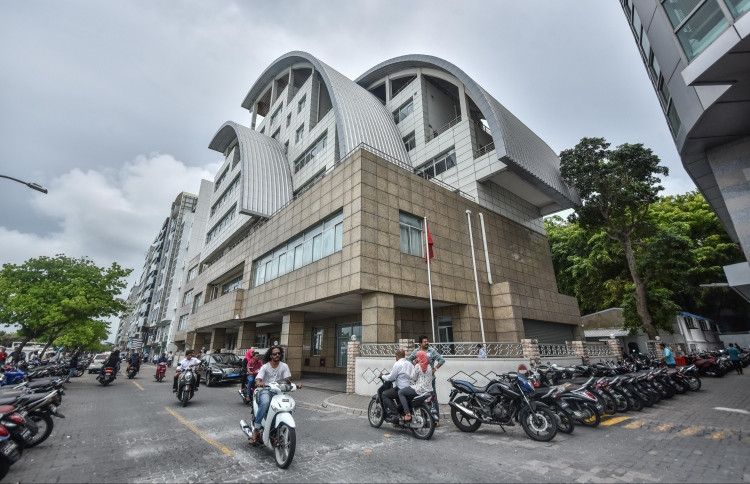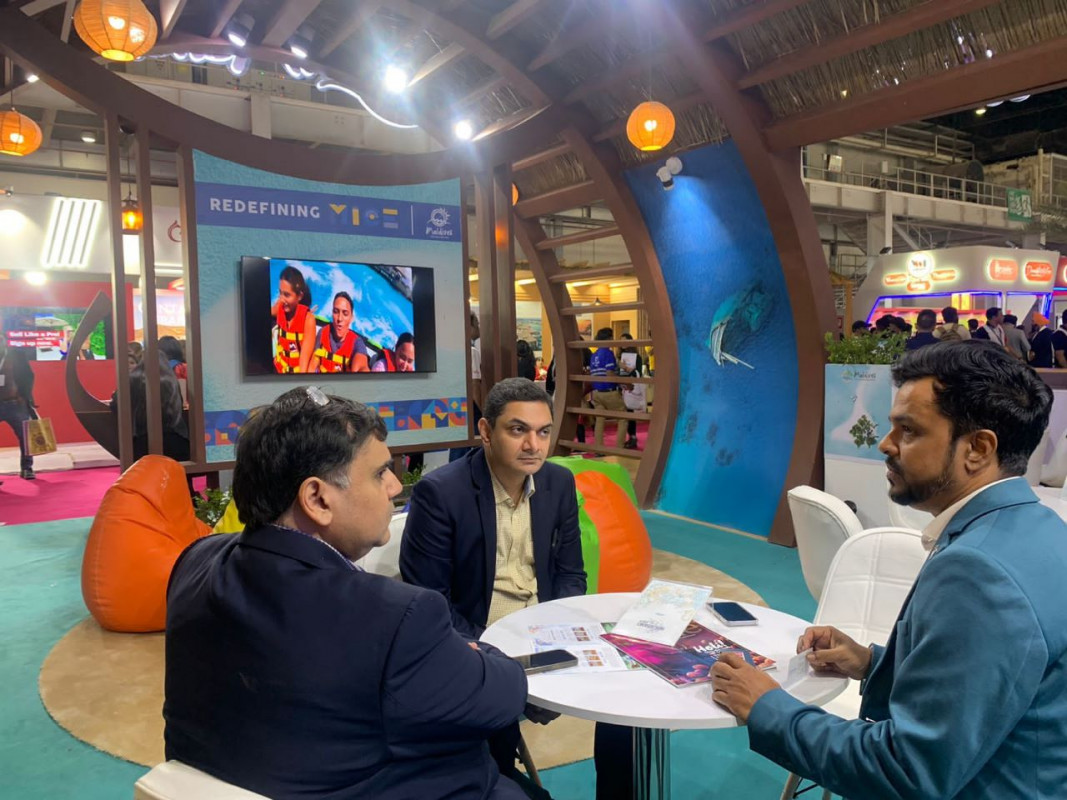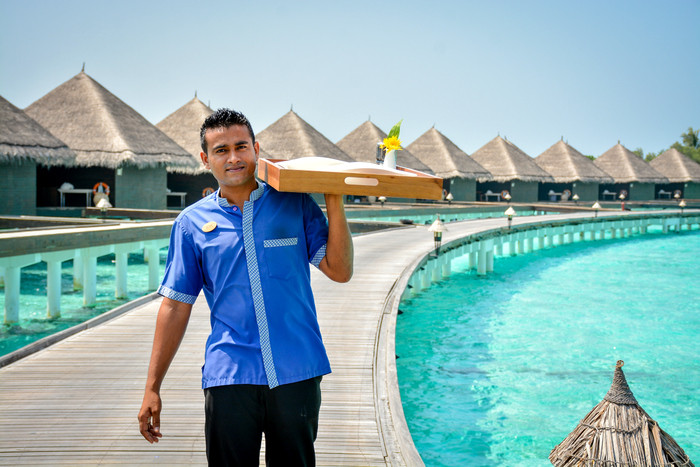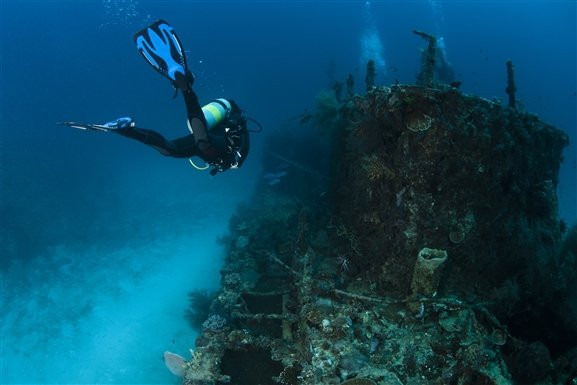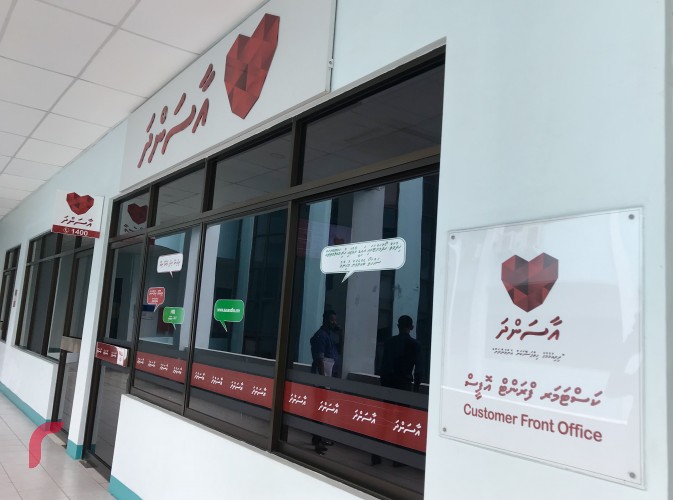Nasheed urges global ban on seine fishing to complement Ocean 30x30 initiative
Nasheed gave opening remarks at the Ocean 30x30 Call for Action Webinar

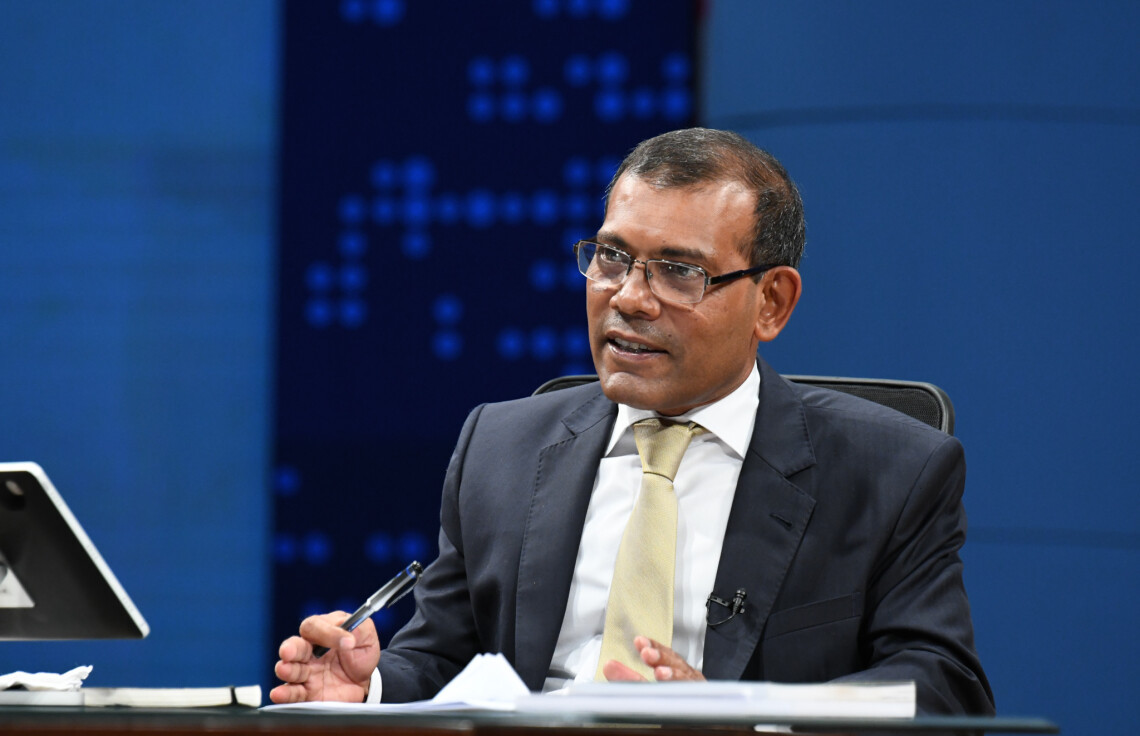
Former President and Speaker of Parliament Mohamed Nasheed
Former President and Speaker of Parliament Mohamed Nasheed has urged the banning on purse seine fishing, globally.
The speaker made the statement in his opening remarks at the Ocean 30x30 Call for Action Webinar hosted on Tuesday, an initiative by the Commonwealth Enterprise and Investment Council.
Nasheed revealed that a second goal of banning seine fishing globally is required to complement the 30x30 goal.
Revealing that the lives of Maldivians are interlinked to the ocean, Nasheed stressed that the oceans are “in trouble” in the face of seas being heated up due to the climate crisis. He stressed that overfishing and plastic pollution are causing environmental problems, while the climate crisis heating up oceans is killing coral reefs.
Nasheed stressed that fish stocks are plummeting due to overfishing, and urged the international community to bring an end to air pollution with greenhouse gas emissions.
Further, the speaker noted that the he is pleased to see so many countries commit to the net-zero goal, something that makes him hopeful about the world which his children will inherit.
Shedding more light on the issue of overfishing, Nasheed noted that Maldivian fishermen catch 150,000 tonnes of tuna each year, some of which are exported amounting over USD 150 million annually.
He highlighted that Maldives tuna industry is among the world’s “most sustainable” because local fishermen exclusively use pole and line or hand line fishing techniques.
Noting that nets are banned in the Maldives, Nasheed stressed that the Indian Ocean tuna stock is falling because Spain and France scoop up all the fish in enormous nets, not because of Maldivian pole and line boats.
With this being said, Nasheed noted that we need a second goal to complement the 30x30 goal, to introduce a global ban on seine fishing.
Highlighting that the government is collaborating with the Waitt Institute to create a nationwide marine spatial plan, Nasheed stated that the idea is to work out which the reefs are, parts of the seas where fishing is not done.
He noted that the government works with the local communities to identify the really important areas that need protecting to ensure local fish stocks remain healthy. He noted that Maldives will protect these areas, turn them into “no-take” zones which will in turn ensure there is an abundance of fish for Maldivians.
